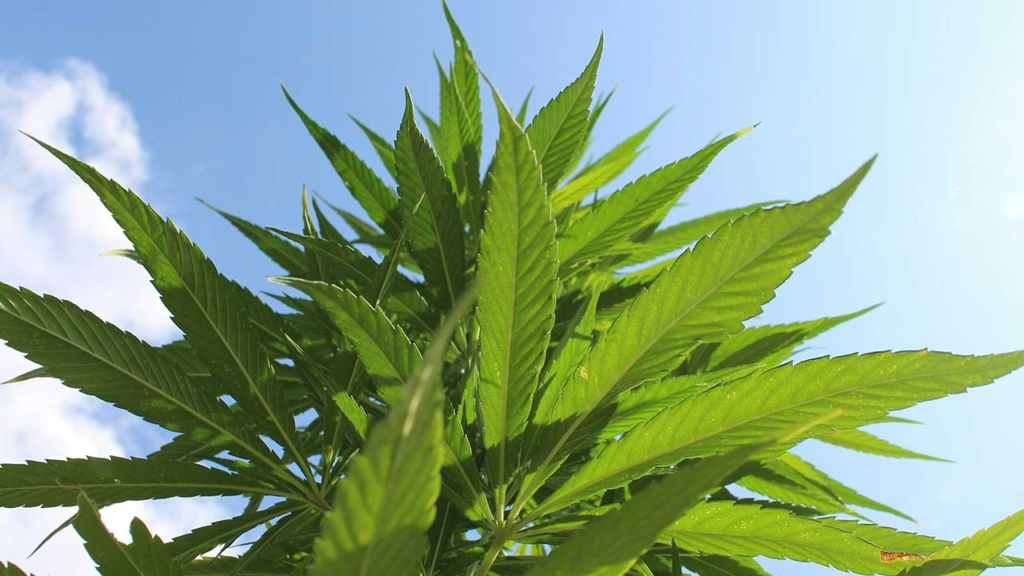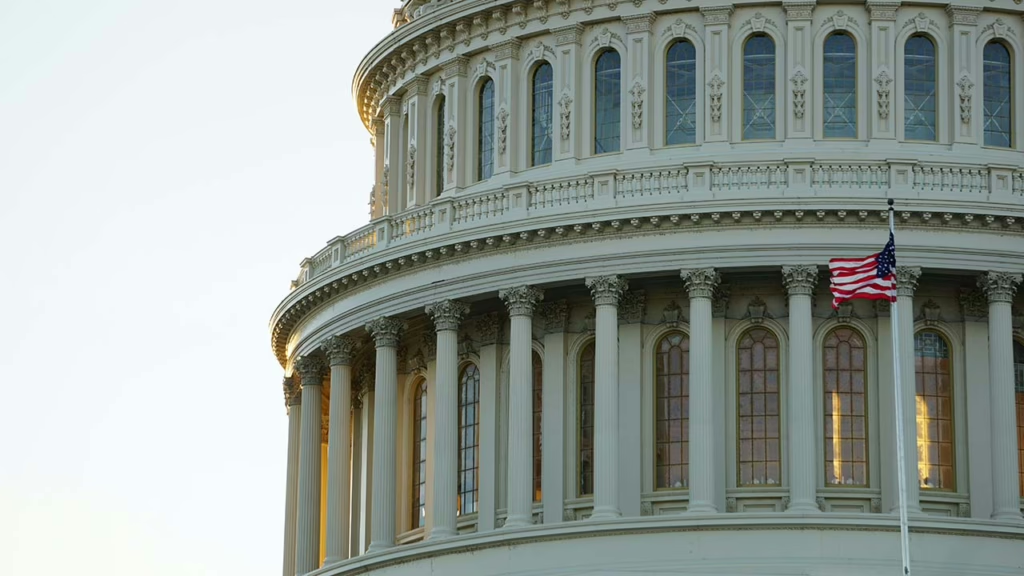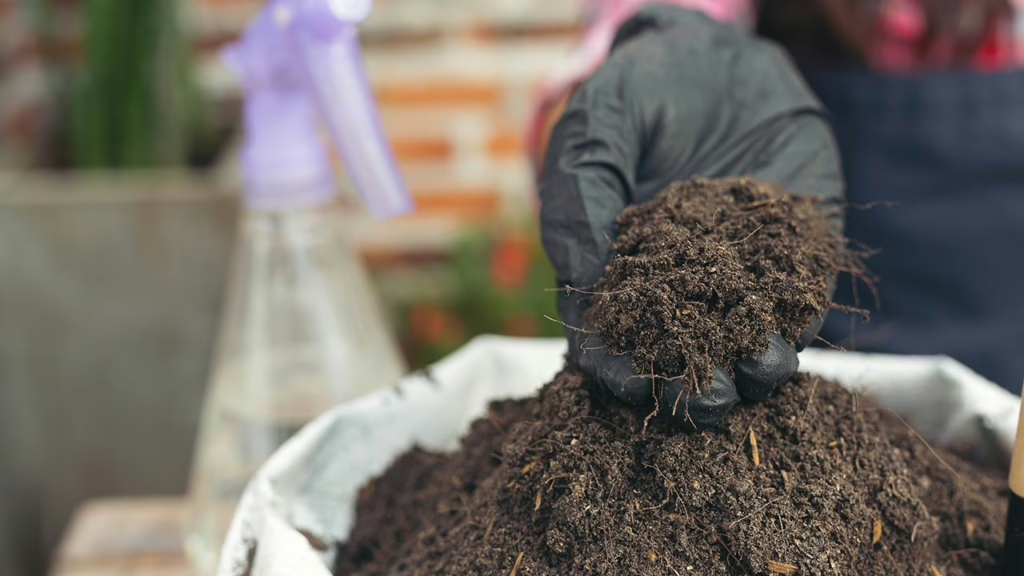
How CBD Use Is Linked to Changes in Canine Aggression
December 10, 2025
📦 Free Shipping over $60
Code:
📦 Free Shipping over $60

December 10, 2025

December 3, 2025

November 27, 2025

November 20, 2025

November 13, 2025

November 5, 2025

October 23, 2025

October 15, 2025

October 9, 2025

October 2, 2025
Code:
*Discounts vary depending on the product
Discounts vary depending on the product.